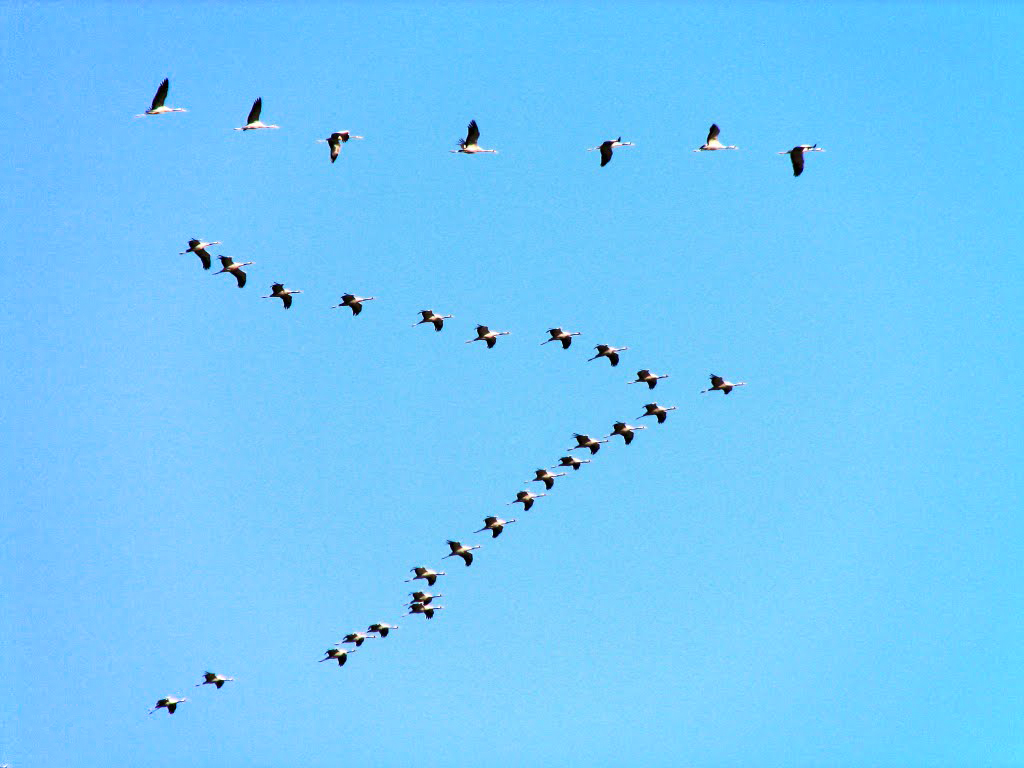Taking a step toward providing clarity to when entities have illegally “taken” protected migratory birds, the U.S. Fish and Wildlife Service (FWS) published its final environmental impact statement (EIS) for proposed changes to regulations governing the killing of migratory birds.
The EIS justifies modifying an 1970s era interpretation of what counts as illegally “taking” a protected bird under the 1918 Migratory Bird Treaty Act (MBTA), by limiting the definition of an illegal “take” under the law to deaths resulting from deliberate actions. As a result, companies and individuals who, when undertaking otherwise legal actions, inadvertently kill a bird protected under the law, will no longer be threatened with punishment.
The MBTA was passed to prevent the unregulated killing of or other harm to migratory birds.
Under the 1970s definition of an illegal take, individuals and companies could be held liable for any action that caused the death of a protected species, whether deliberate or accidental, when developing their property, during the normal course of operating their farms and ranches, or when developing or operating oil and gas wells or wind turbines. For example, entities could be punished when birds were electrocuted by power lines, or were killed by spinning wind turbines or set afire by solar panels, or when they drank from toxic or briny water stored oil field or coal waste pits.
EIS Confirms Regulatory Justification for Change
FWS first proposed modifying its interpretation of what counts as an illegal take of migratory birds in March 2020, saying the agency wanted to provide legal clarity for individuals and other entities concerning when their actions might violate the law, in the light past differing court opinions on the matter. The agency also said limiting the definition of an illegal take to intentional actions hews closer to the original intention of the law.
“With five federal circuit courts of appeals divided on this question, it is important to bring regulatory certainty to the public by clarifying that the criminal scope of the MBTA only reaches to conduct intentionally injuring birds,” said Assistant Secretary for Fish and Wildlife and Parks Rob Wallace in a statement released when the proposal was first offered in March. “That said, we will continue to work collaboratively with states, cities, conservation groups, industries, trade associations, and citizens to ensure that best practices are followed to minimize unintended harm to birds and their habitats.”
The EIS acknowledges the proposed regulatory change may result in an increase in the number migratory bird deaths because individuals and companies could take less care to ensure their actions cause no unintentional harm to such birds. Despite this the EIS found the change was justified in order to provide legal certainty concerning which actions are and are not legal.
“It is in the public interest to apply a national standard that sets a clear, consistent, and articulable rule for when a person or operator commits a criminal misdemeanor violation of the MBTA,” the final EIS says.
Having the completed EIS in hand enables FWS to finalize its proposed rule by the end of December, locking in the changes before presumptive President-elect Joe Biden is sworn into office on January 20.
Ending ‘Regulatory Overreach’
The MBTA was never intended to lead to prosecutions for unintentional killing of birds, said Alaska’s Gov. Mike Dunleavy, in a press release issued when the rule change was initially proposed.
“Advocacy groups have spent decades twisting and contorting a clear law through regulatory overreach,” said Dunleavy. “I congratulate the Trump Administration as it continues to bring sanity to our country’s regulations and further empower states’ rights through this action and other logical reform.”
People should not have to fear prosecution for actions they could have no way of knowing violate a law, Jonathan Wood, a senior attorney with the Pacific Legal Foundation, said in a press release lauding the FWS’s proposal.
“In a free society, criminal laws cannot be so open ended that any law-abiding person could be threatened with prosecution for innocent acts,” said Wood in a press statement. “The proposed rule properly rejects the worst types of over-criminalization previously resulting from Migratory Bird Treaty Act enforcement.
“Fortunately, there are many ways to conserve native birds without eroding basic principles of due process,” Wood said.
H. Sterling Burnett, Ph.D.(hsburnett@heartland.org)is the managing editor of Environment & Climate News.
